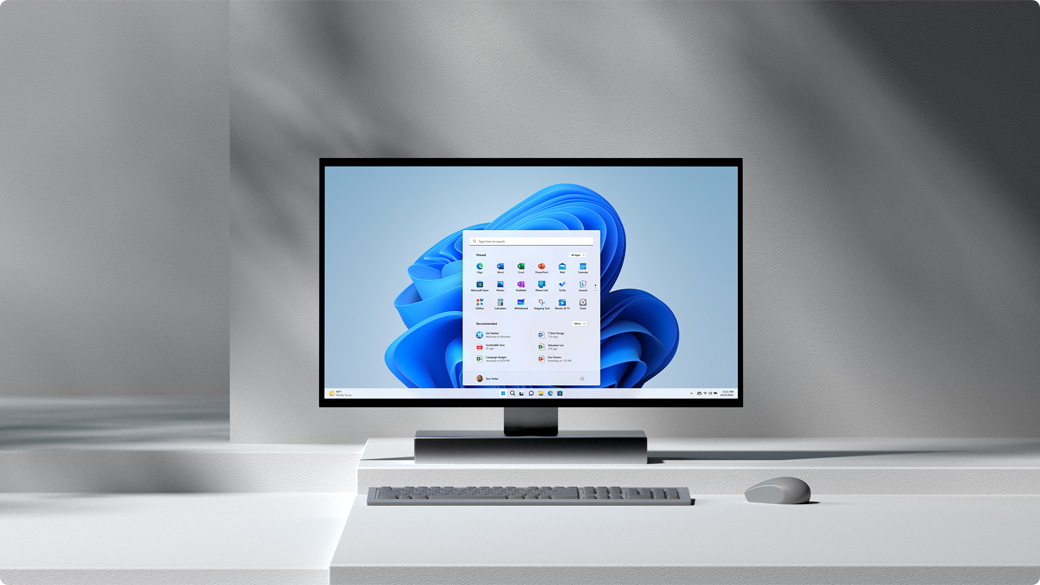
Evolution of Windows Operating Systems
Windows 1.0 to Windows 3.1
The journey of Windows computers Techme.club/ began with Windows 1.0 in 1985, introducing a graphical user interface (GUI) and paving the way for future versions. Subsequent releases, including Windows 3.1, improved usability and expanded software support.
Windows 95 to Windows ME
Windows 95 brought significant enhancements, such as the Start menu and taskbar, while Windows ME focused on multimedia capabilities and device management.
Windows XP to Windows 7
Windows XP marked a milestone with its stability and performance, followed by Windows Vista and Windows 7, which introduced modern aesthetics and improved security features.
Windows 8 to Windows 10
Windows 8 introduced a touch-centric interface, while Windows 10 aimed to unify desktop and mobile experiences, offering regular updates and enhanced security.
Key Features of Windows Computers
Windows computers are renowned for their intuitive user interface, extensive software compatibility, and robust security features, making them ideal for both personal and professional use.
Popular Windows Computer Brands
Brands like Dell, HP, Lenovo, and ASUS offer a diverse range of Windows computers, catering to various needs and budgets, ensuring reliability and performance.
Advantages of Using a Windows Computer
With a vast ecosystem of software, including productivity tools and games, Windows computers provide unmatched flexibility and entertainment options for users.
Common Issues and Solutions
From sluggish performance to software conflicts, Windows computers may encounter issues, but regular maintenance, updates, and antivirus software can resolve most problems.
Windows Computer Maintenance Tips
Regular updates, disk cleanup, and antivirus scans are essential to keep Windows computers running smoothly, ensuring optimal performance and security.
Windows Computers in Business and Education
Windows computers play a crucial role in business productivity and educational environments, offering a suite of applications and tools for various tasks and learning experiences.
Future Trends in Windows Computing
With advancements in cloud computing, artificial intelligence, and augmented reality, Windows is poised to embrace new technologies, providing innovative solutions for users worldwide.
Conclusion
Windows computers continue to evolve, offering unparalleled versatility, performance, and security for users across different domains. As technology advances, Windows remains at the forefront, shaping the future of personal computing.

